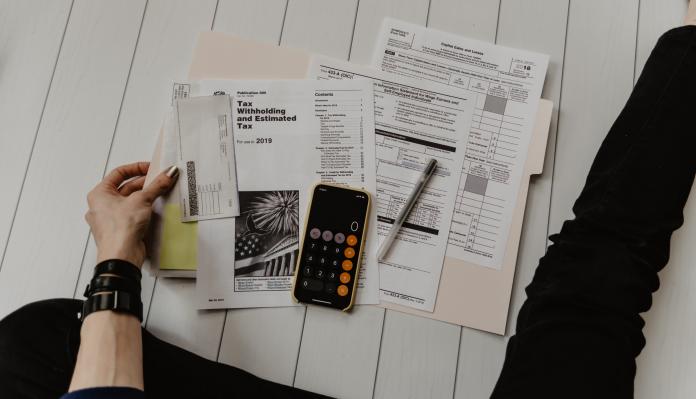Even having a day job won’t guarantee financial stability. Truth be told, many people are still struggling to make ends meet while living a decent and comfortable life. The problem arises, however, when they fail to pay the bills or settle a long-standing debt. It’s hard to imagine how they can recuperate from being flat broke with little to no savings.
While recovering from a financial hiccup may seem impossible at first, you still have a chance to turn things around and get back up.
In today’s blog post, learn how to budget your resources when you have bills piling up your table.
Create a List of the Bills You Need to Settle
Being organized and systematic can help you get back on track, even though everything seems hopeless. Get the ball rolling by listing down the bills that you have failed to settle and how much you need to earn to settle them. Next, compare your current budget with your late payments. Ask yourself which items on your list can be cleared out or not.
Prioritize the Bills
There’s no other way to get out of this messy situation but to pay the bills you have previously failed to pay. To do so, identify which of these tabs should be prioritized. As a rule of thumb, make sure to put your mortgage or rent payment first, followed by your utility bills. It’s important to ensure that you will always have a roof above your head in this kind of situation.
After paying the mortgage or lease your car payment should come next to see to it that you won’t have a hard time going to work.
The last thing on your list should be your credit card bills. Of course, this will ultimately affect your credit standing, but at least you won’t be worrying about being homeless.
Keep a Strict Budget
The last thing to do when you have a long list of overdue bills is to spend your hard-earned money on a shopping spree. At this point, you need to make sure that every penny counts. Go back to your monthly budget and figure out how to minimize your expenses.
To illustrate, preparing home meals instead of dining in restaurants may help you cut down costs, especially if it consumes a big portion of your salary. Suspending your travel activities and other leisure activities may also help you catch up with your pending bills.
Set Up a Plan With Your Creditors
While it can be quite intimidating to talk to your creditors, informing them of your situation and how much you can pay them monthly can give you more time to settle your bills. Many companies provide flexible payment plans to help you pay for your debt.
Learn How to Earn Extra Cash
Think of how you can make extra money to pay your bills. For example, you may sell unused clothes, bags, and other items just sitting in your closet to earn cash. You may also use your skills in cooking and baking to sell goodies to your friends or colleagues.
Moreover, to get control of your finances right away, consider looking for a second job that pays the minimum wage. Of course, doing so will be quite exhausting, but it’s one of the best ways to manage your late payments.
Final Words
Follow these tips to get back on your feet fast. Once you have found a way out of this tricky situation, make sure to start saving for emergencies. Having a backup fund is always important to avoid drowning in debts and unpaid bills.





























